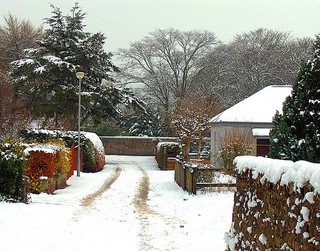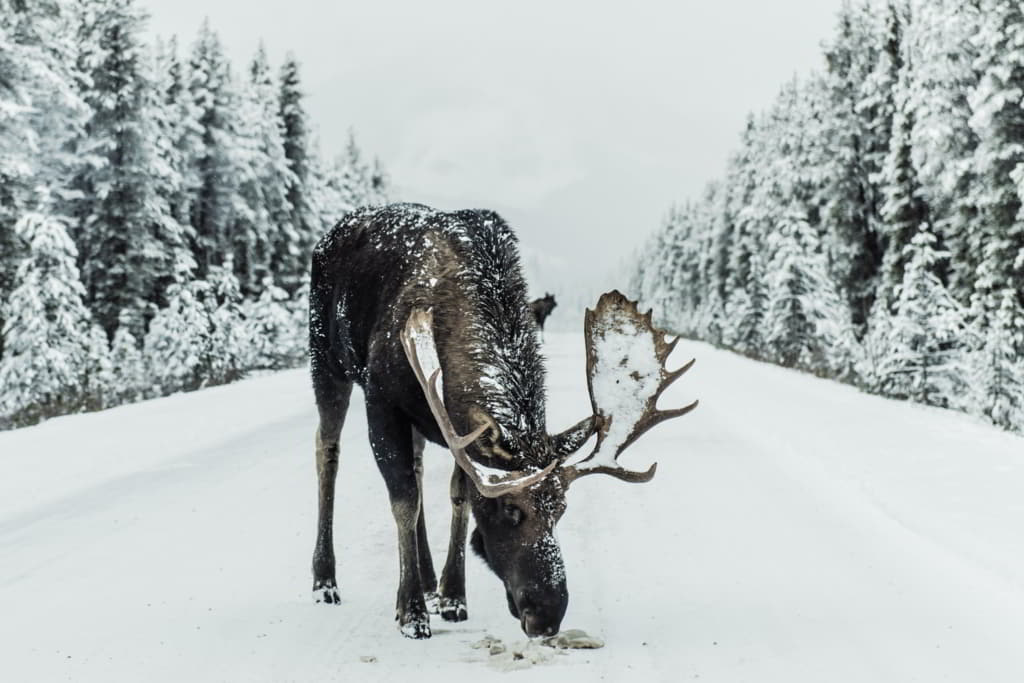Its more likely to be cold in winter and warn in summer because of the tilt of the Earth's axis, the Earth's temperature varies by season. The Earth's axis rotates approximately 23.5 degrees relative to the Sun's rotation. This means that different parts of the Earth are tilted towards the Sun at different times of the year.

During the summer, the North Pole is tilted towards the sun, which means that the sun's rays are more direct and days are longer. This causes the Northern Hemisphere to receive more direct solar radiation, which warms the air and surface of the Earth.
During the winter, the North Pole is tilted away from the sun - the sun's rays are less direct and days are shorter. This causes the Northern Hemisphere to receive less direct solar radiation, which makes the air and surface of the Earth cooler.

The same process occurs in the Southern Hemisphere, but is reversed because the South Pole is tilted towards the sun during the Northern Hemisphere's winter and away from the sun during the Northern Hemisphere's summer.
Summer and winter can have a dramatic impact on wildlife because animals must adapt to changing conditions in order to survive.
During the summer, many animals experience a period of peak activity as they take advantage of the long days and warm temperatures to forage and reproduce. Some animals, such as migratory birds, can travel long distances to find food. Other animals such as as reptiles and amphibians can be more active when the weather warms up, allowing them to soak up the sun and increase body temperature.
Winter can be challenging for many animals as they must find ways to survive the colder temperatures and shorter days. Bears and certain birds, enter a state of torpor or hibernation to conserve energy and survive the winter. Deer and elk can migrate to areas with easier access to food. Mice and small birds, may rely on autumn stores of food to get them through the winter.

Overall, winter and summer play important roles in the lives of many animals influencing their behavior. Understanding the challenges facing animals during these times can help us appreciate the adaptability and resilience of wildlife and the importance of preserving their habitat.
Climate change is making summers and winter weather more extreme in various parts of the world. As the Earth’s atmosphere warms due to rising greenhouse gases, the polar ice caps are melting and sea levels are rising.
This is causing more heat to be absorbed by oceans, leading to warmer temperatures and heatwaves in some regions.
Climate change is also bringing more frequent and intense winter storms to some parts of the world. Warm air can hold large amounts of moisture leading to more rainfall. Rising sea levels are causing more coastal flooding during winter storms when rising water levels make it easier for waves to breach sea walls and flood low-lying areas.
It is imperative that we take action to reduce greenhouse gas emissions and mitigate the effects of climate change to protect our planet.